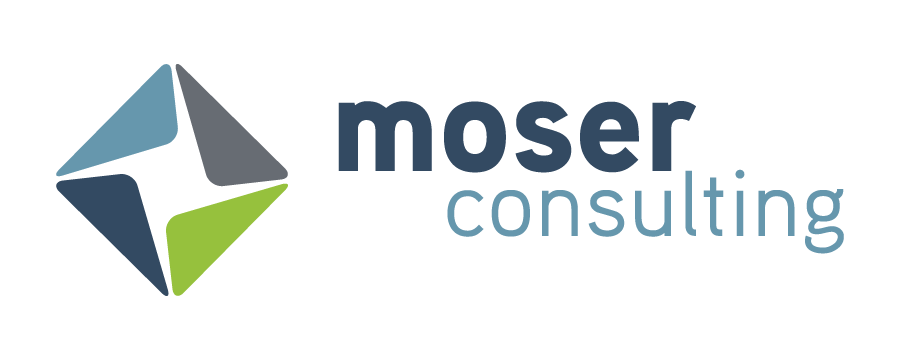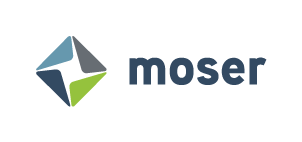What Is Data Equity?
Data is a tool that anyone should be able to use to draw accurate conclusions and make decisions for the betterment of an organization, community, or group of people. However, it's important for organizations to monitor their data for bias, which is where the fight for data equity comes into play. So, what exactly is this concept? Data equity frameworks apply an equity-centered lens and mindset to ensure data is collected, analyzed, interpreted, and shared with diverse stakeholders without bias or exclusion. For example, if research is performed for a new blood pressure medication, but all of the data comes from a testing pool of white men. This will mean that when the product is made available, it might not perform as advertised for other groups of people, and could actually have harmful side effects.
It encourages further inspection into the potential racial bias of research instruments, the distributor’s role in reinforcing stereotypes, and marginalized communities' ability to control and access their relevant data. It also cautions against data misuse and inaccurately broad generalization. Data equity also considers issues regarding power and privilege between researchers and their targeted populations.
A driving force behind creating data equity is to show that data is not, at its core, truly objective. How can that be? Figures cannot be subjective, right? While that sentiment is true, data does not exist in a vacuum. It is collected, analyzed, interpreted, and distributed by individuals who themselves have biases and subjective life experiences that can impact the results. There are a handful of questions the team should ask themselves to help ensure that data equity is part of any organization's research,.
Why are we collecting this data?
Who is the end user of this data?
Who will benefit from this data?
What are the power dynamics between the data collector and provider?
These questions are just the beginning steps of how we can keep equity at the forefront of all data collection. The entire lifecycle of data needs to address equity, even from the early stages of funding for the research. Whether realized or not, data can be damaging to the people it was initially supposed to help.
A large part of the fight to convince businesses to use data equity frameworks is disaggregated data equity. Data disaggregation allows data to be divided into sub-categories. This shifts the information from broad categories to reflect actual experiences of more than one ethnical group. The goal is to ensure that populations that have been historically excluded are visible, allowing for health and social services approaches that address specific needs and create solutions to eliminate health disparities.
Why is Data Equity Important?
Data equity is important first and foremost because it is the right thing to do. For example, the diverse perspectives that equitable data represents also enable tech companies to create products that include people from all walks of life by avoiding design bias. Design bias happens when a product is only created and tested by one demographic and will then fall short when other demographics get their hands on it.
How Can We Create Equitable Data?
The first step is asking the tough questions about the data we are creating, gathering, and using. So how can we make sure it is ethical?
Partner With Equitable Organizations: It can be difficult to identify your own biases. That’s why it is wise to surround yourself with teams and partners that are also working towards a fair data future. Our outside perspective at Moser Consulting has built itself around including diversity, equity, and inclusion in everything we do. Hiring a diverse staff of experts is just one way we are able to provide consulting services with enough perspectives to find the right solution for your problem.
Webinars: Free webinars like “The Significance of Data Science Ethics” provide the educational content of a course or video but add on the benefit of knowledgeable guests. These experts can provide insights that your team can implement into your daily practices to ensure equity stays a top priority.
Continuing Education: Creating equitable data is not something that happens overnight. It takes time and consistent practice. One great resource is LinkedIn. They offer training in a variety of fields, and they happen to have a large library on data equity. Searching "Data Ethics" on this page will bring up lessons ranging from five minutes to over an hour. This is a great tool for any organization to use to brush up on the topic.
Company-Wide Discussions: Create an ethical and equitable culture by cultivating a space that promotes healthy discussions. Perhaps an employee notices an ongoing practice where a small change could be made to ensure the equitable integrity of the resulting data. They should have a place to discuss these issues with the team at large to ensure proper action takes place.
The companies who work to achieve a diverse workplace culture of inclusion and equity will compete for top talent, keep the respect of clients and users, and maximize the potential for the business–as well as simply live the joy of kindness, inclusion, and equity.
Moser Consulting: Establishing Equity in Tech for the Betterment of All
Organizations must be able to ‘walk the walk,’ which is why we strive to ensure data equity in all our practices. Moser has top teams of data and analytics professionals across vast educational and experiential backgrounds to provide the service you need. Our consultants are not just focused on the technology – they invest themselves in the success of your business.
To start your equitable data journey, contact us today.


